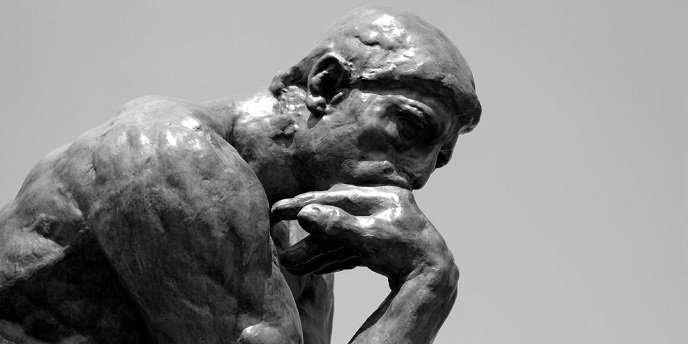Culture turns out to be a tool to "de-naturalize" man, and fantasy is the original ability to do so. Here comes the power and weakness of man. culture makes man easier, but makes it vulnerable too. The subject of the crisis appears. Crisis is a mandatory element of any cultural change. The cultural crisis also comes from the fact that culture is of a dual nature - it falsifies human life.
When talking about a crisis, Jose Ortega-gasset has three aspects: the crisis as a cultural idolatry (where ideas are crushed, culture loses its true function, it does not serve but conquers human life); a crisis as a result of the empowerment of "the mass of the people" and the occurrence of a crisis as a result of the exhaustion of modernity.
To the first aspect of the crisis - there is cultural hypocrisy (idolatry).
"The river paves the way for its trough,
and then the bed enslave the river "
In its development, culture comes to a point where it becomes dangerous - man begins to serve her. The mission of culture is to provide a meaningful sense of man, but once created the products of culture, they make people dependent on them.The second aspect is related to the invasion of the masses ("Rebellion of the Masses"). Ortega-i-Gazet interprets the crisis of the West as a result of the fact that the mass mass is becoming the legislator of modern society.
Man mass is an anthropological property (according to Canetti). Canetti's idea is as follows: a dual impulse is in the person - to self-isolate and dissolve among others. And each of us has a need to be at the table and with ourselves.According to Ortega, the man mass is not necessarily a man from the crowd. For him, this is a certain type of person. His belonging to the table is not physical but psychologically valuable.

This post has received a 4.76 % upvote from @boomerang.